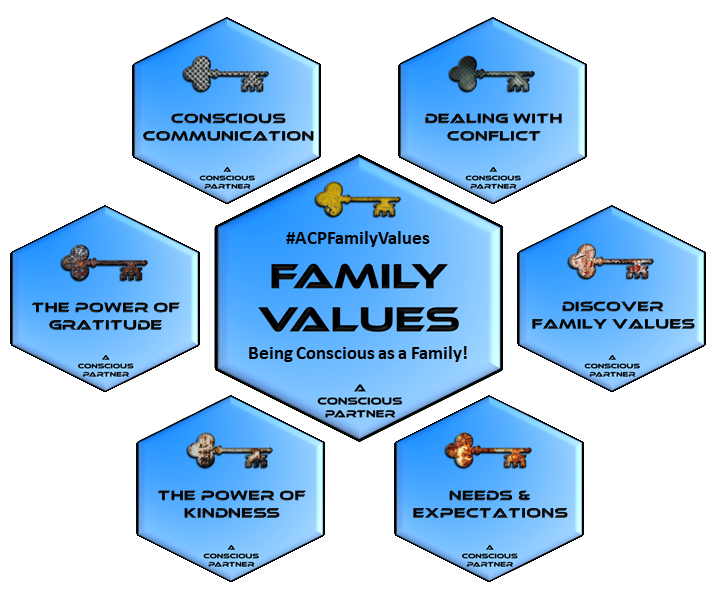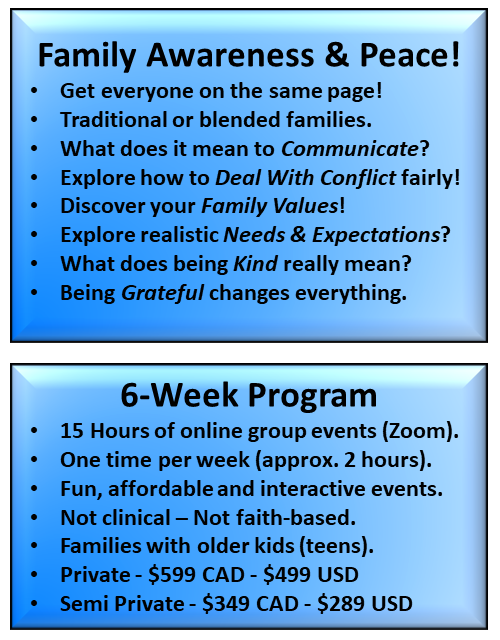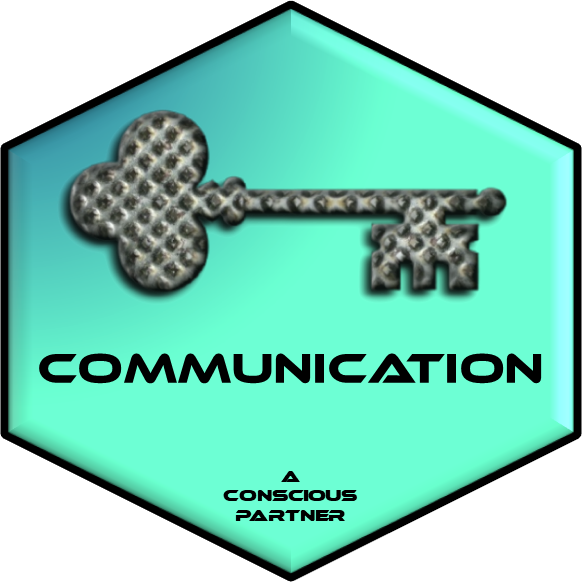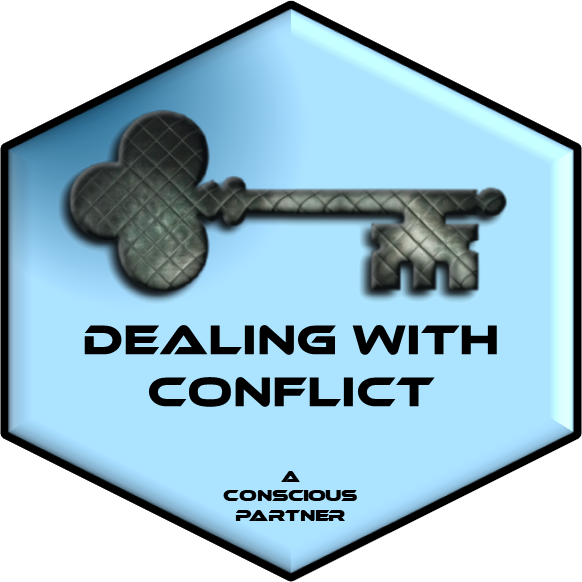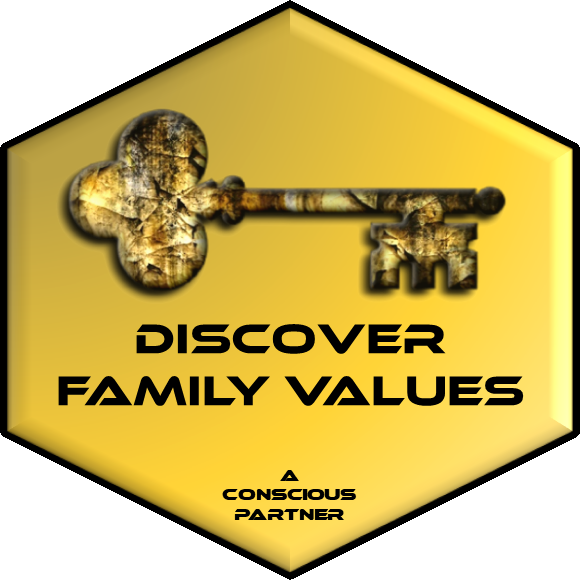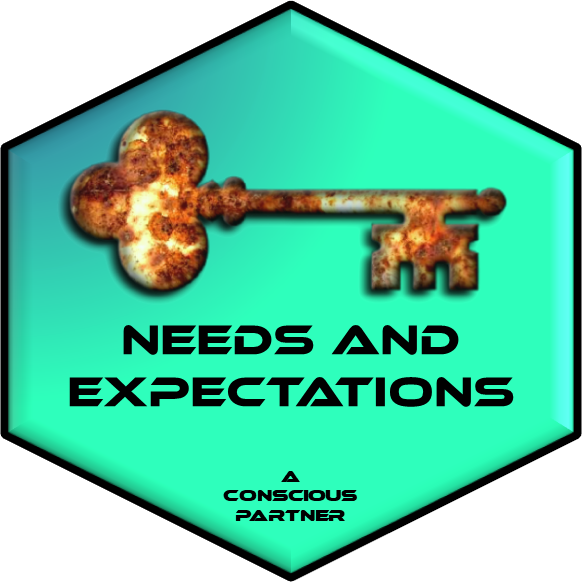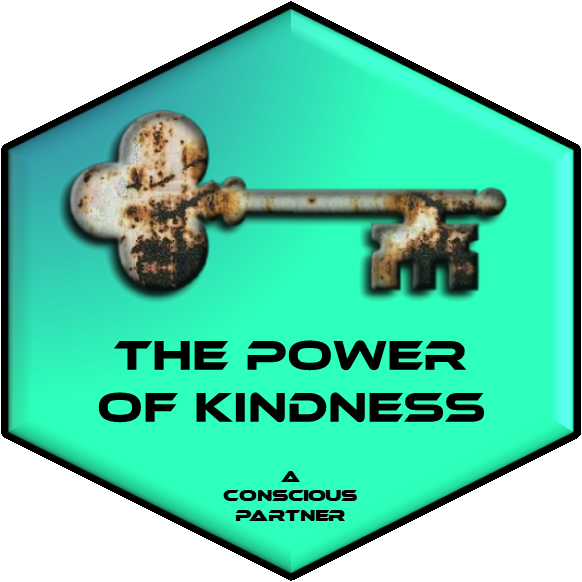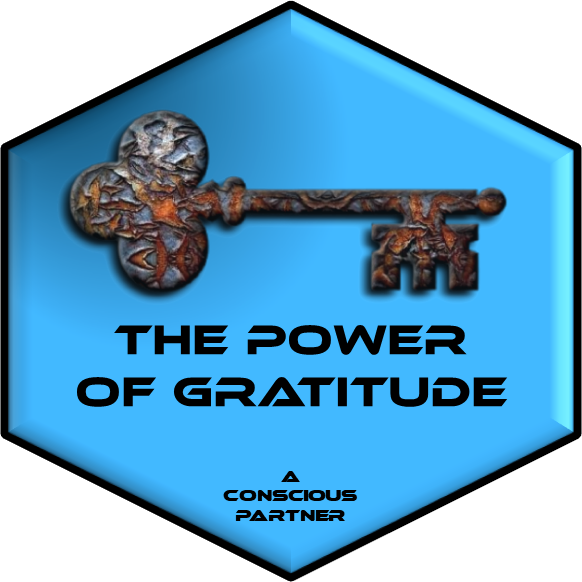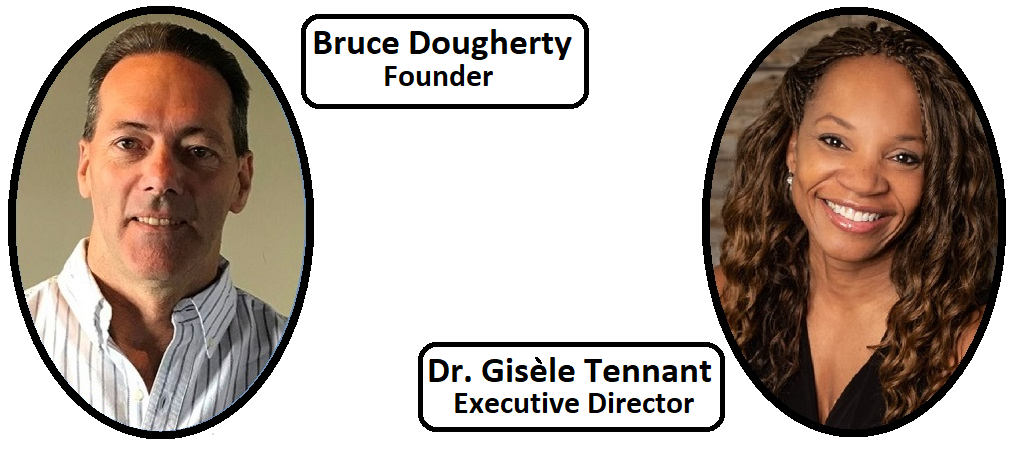|
Communication is the basic building block of our relationships. It is through communication that we convey our thoughts, feelings, and connection to one another. Effective communication within the family is a vital element because it enables every member of the family to convey their wants, needs and concerns in a way that is understood by the other members. Good communication skills rarely come naturally, but they critical for successful for all of us. relationships, whether parents, children or siblings. We all have had experiences where we have felt misunderstood and even ignored and when that happens we will normally feel angry, stressed and less likely to resolve problems. Feeling heard and understood is the key to developing trust and caring between everyone in the family. |
|
As anyone who has a relationship of any kind knows, conflict is unavoidable, whether it's between partners, friends, parent and child, family, co-workers, etc. It can crop up for any number of reasons, and in many cases, it escalates not because there is a real issue, but because the issues are not being communicated and understood between the parties involved. The goal of this event will be to provide the family information and rules surrounding conflict that will allow everyone to better understand each other and to hopefully prevent most of the conflict from occurring in the first place. Conflict will never be completely eliminated, but we can certainly reduce the severity and impact to the relationships. |
|
Our Core Values are often unknown, yet so important to us as individuals, but it is Family Values that even more often go unexamined and this can lead to chaos in our family unit. Recognizing and adopting your Family Values will give the family a road map to follow so that everyone is pulling in the same direction. Knowing and living by these values will improve the chances of connecting the whole family on that deep level, laying the foundation for better relationships and a more peaceful environment. Do you know your Family Values? |
|
Needs and expectations can fuel and influence how we relate, react, and respond to everything that we do and to everyone around us. But most of us don’t even realize that we have these expectations until we find ourselves feeling disappointed, upset, and experiencing a great deal of confusion within the struggles of life. This event will help us see that sometimes it is our own expectations that are the problem rather than that of the rest of the family. |
|
What do we mean by kindness and how can we tell if someone is kind? What are the characteristic traits of behavior? Kindness is generally thought of as the quality of being friendly, considerate and generous. A kind person considers the feelings of others, tries to help them and avoids actions that do harm. Affection, empathy and giving to others are qualities of a kind person. People who are kind act that way not for any reward or even recognition but because it is the right way to behave and the way a person wishes others would act towards them. Let’s explore what to means to be kind, not just to others, but also to ourselves! |
|
We are showing gratitude when appreciate what we have instead of always reaching for something new, hoping that it will “make” is feel happier, or more satisfied with life in some way. We need to understand that trying to endlessly meet every physical and material need is a game we can’t win. Gratitude helps us to focus on what we have instead of what we want or think that we need. It’s not easy in the beginning, but with a little focused effort and practice, it has the ability to positively impact our lives in multiple ways. It can be applied to the past (thankful for past blessings), the present (being thankful for good fortune as it comes), and the future (staying optimistic and hopeful). |
